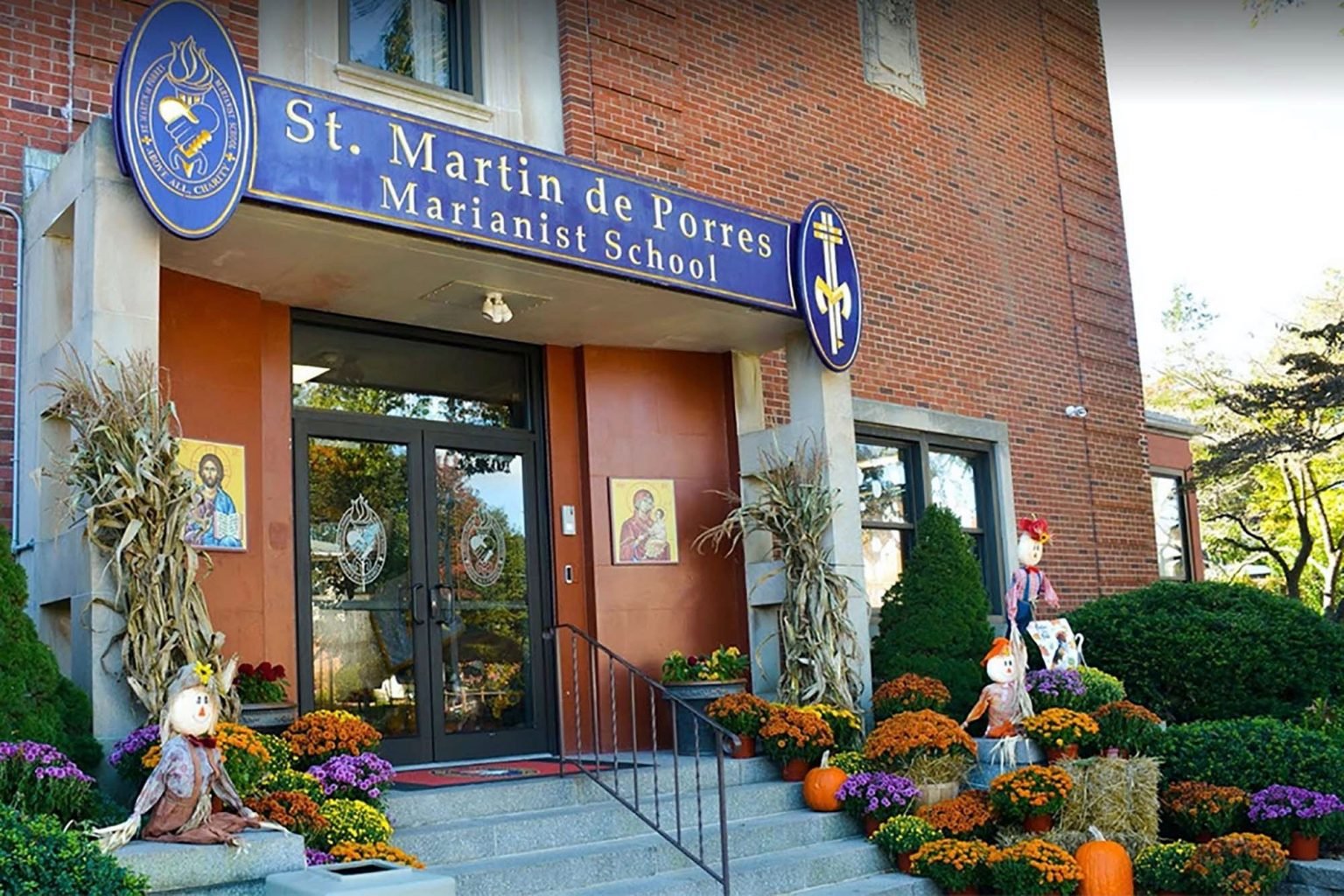A Catholic school on Long Island, New York, has forced the White headmaster of the school to resign following reports that he had a Black student kneel before a teacher in apology last month.
The headmaster called the form of apology the “Nigerian” and “African way” to apologize.
The incident was made public after the boy’s parent, Trisha Paul went to the local press and the headmaster was removed from his job at St. Martin de Porres School in Hempstead, New York, according to New York Daily News.
The school issued a statement yesterday saying that the headmaster has resigned following the incident involving the 11-year-old boy and that a new certified school administrator has been put in charge.
The school also promised to continue to review the incident to ensure it never happens again.
Speaking with CNN, the boy’s mother, Trisha Paul explained upon his return from school, she noticed her son seemed sad and when she asked him what happened, the boy narrated how he he had been sent to the headmaster’s office for working on an assignment in his Literature class during designated reading time.
She said her son’s teacher took the assignment, tore it up, and brought her son to the headmaster’s office. Once there, Paul said, the headmaster told her son to kneel before the teacher and apologise
Trisha said that when the headmaster called a few days later and she brought up the matter, “He began to tell me a story about an African family that attended the school many years ago.”
Trisha said the headmaster told her about a former student whose father had once told him (the student) to bow when apologizing, saying it was “the Nigerian way.”
Trisha, a Black Haitian descent, added, “I was just at a loss for words. I didn’t understand the relevance. I was really sad and disappointed.”
And when she went to the headmaster’s office for clarification, he told the story again, according to her, “This time, it was ‘the African way.’”
The woman cried out that her son was “humiliated and degraded”, adding that he has become extremely quiet”, and that “his interactions with everyone — family, friends — has changed. He’s sad. He has questions. He’s just trying to cope with this.”
“We are not all the same,” she said. “We are not all Africans. We are not all Nigerians,” she lamented.





















